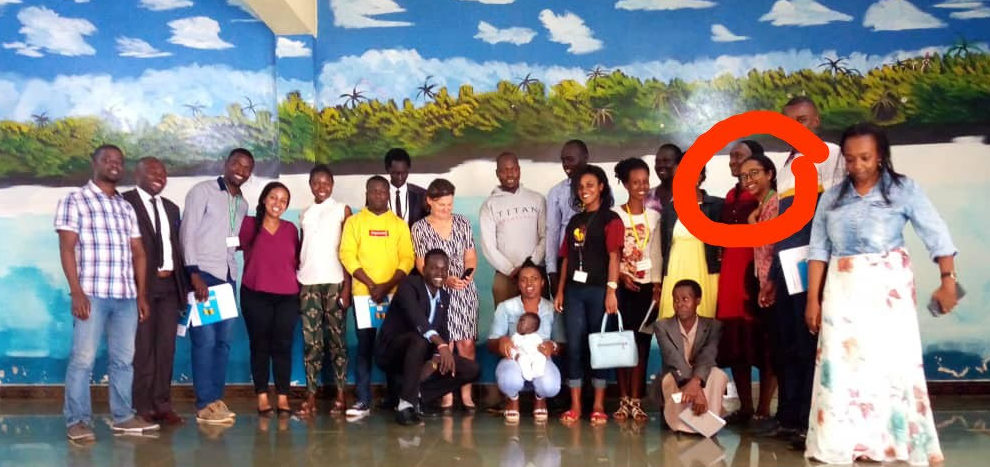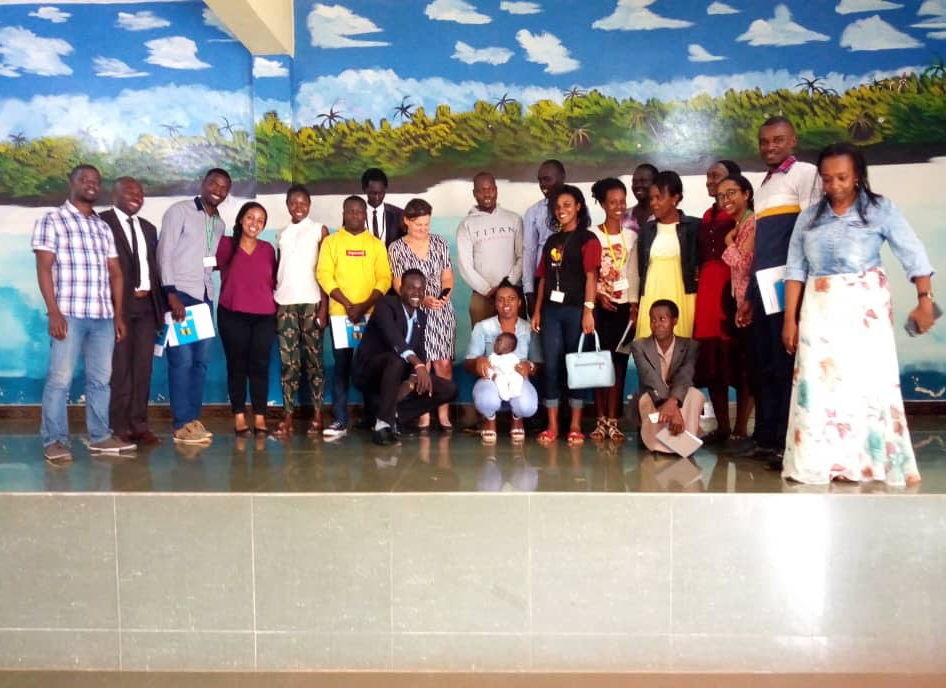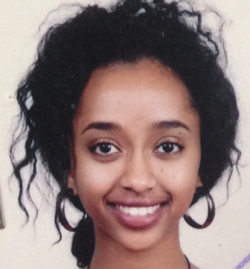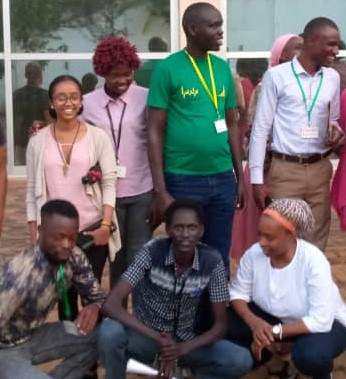A few months back, I was lucky enough to find myself on the way to Uganda, ready for the first fieldwork outside my country, Ethiopia. A two-hour plane ride and one and a half hours of marvelous driving later, me and my colleague, Frehiwot arrived in Kampala to plan our trip to Nakivale and Kiryandongo refugee camps with the Opportunity International program coordinator, Noah. Our first encounter with Noah was very pleasant with great hospitality that paved the way for a more comfortable stay in Uganda.
The research we were involved with aims to understand the life of refugees, specifically how they lead their financial lives, how they try to achieve sustainable livelihoods, what level of financial inclusion they have, and whether they can attain self-reliance and become less dependent on humanitarian assistance.
The first step of the fieldwork was to recruit candidates for the researchers’ position in both locations. We interviewed candidates who are themselves, refugees. We had very bright candidates during the interview and selected the outstanding ones according to L-IFT’s selection criteria (those with good communication skills, basic writing skills, good command of English and local language, good personality, and have research mind).
After the recruitment phase, we went straight to training, and according to the performance of the candidates in the training; we selected the finalist to be our researchers for the project. We developed a good relationship during the training because everyone was at ease and communicated freely.
The fieldwork started right after the training by sampling respondents randomly who were willing to take part in the research. This was very challenging for the researchers because the people who were randomly selected were sometimes unavailable or will not stay for the whole project period in the settlement. Hence, the researchers had to travel a lot to find respondents, but once the first phase (intake) of the project was done, the second phase (baseline) by which they re-visited their respondents was much easier as the researchers have already developed a good relationship with their respondents and they were each time very much looking forward to the interviews.
I am pleased to say my 2-month stay in Uganda was very successful and though undertaking fieldwork outside my country certainly posed a number of challenges such as a new climate, new mode of transportation, new culture, and most of all new foods, it was definitely one of the most amazing experiences I had because people are so friendly and the country is naturally well gifted.
I would like to thank the incredible people (our researchers and other L-IFT teams that I haven’t met in person on that trip) that I was able to work with in Uganda. Moreover, a huge thank you should also go to our financial diaries respondents who welcomed us to their houses and provided valuable information for our interesting project (and still continued to do so).




